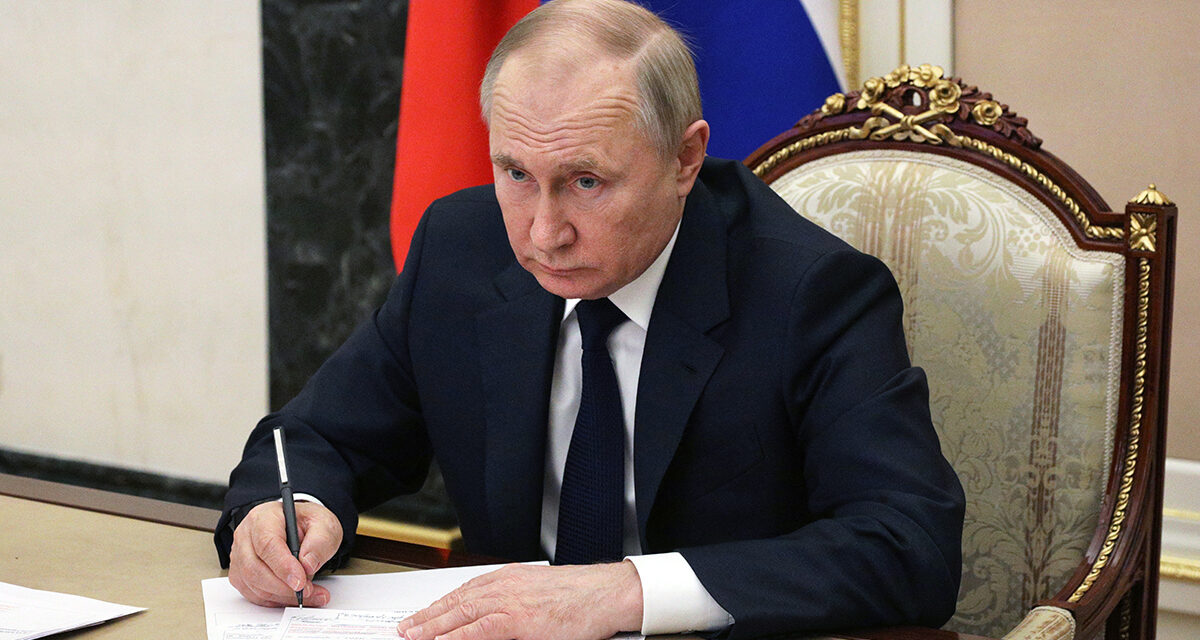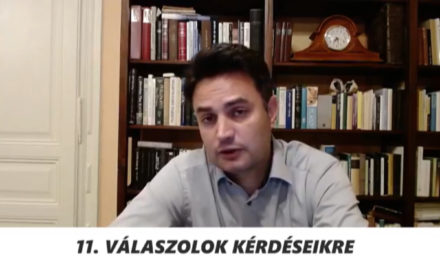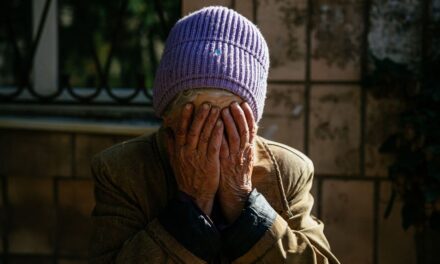It is also prohibited to export raw materials and products from Russia to blacklisted persons. Within ten days, the Russian government must determine the scope of those affected by the retaliatory sanctions.
Western countries have imposed sanctions on Russia since the end of February because of the war it launched against Ukraine. In light of this, in March Moscow expanded the list of unfriendly countries to 48, which currently includes all the countries of the European Union and the United States, as well as Albania, Andorra, Australia, South Korea, North Macedonia, Iceland, Japan, Canada, Liechtenstein, Micronesia, Monaco, Montenegro, Great Britain, Norway, San Marino, Switzerland, Singapore, Taiwan, Ukraine and New Zealand.
On Sunday, Putin signed a law ending visa concessions for most Europeans, including EU citizens. With this, the discount for persons with diplomatic passports, official delegations, national and regional governments and parliaments, members of constitutional courts and supreme courts, as well as journalists, has also ended.
The first six articles of the legislation repealed the regulations on diplomatic passports and visas of international treaties concluded with most European countries, citing "the need for urgent measures to be taken in response to unfriendly acts". Pursuant to the seventh article, the Russian president decides on the restoration of the benefits.
Dmitry Medvedev, the deputy president of the Russian Security Council, previously suggested that Russia stop food trade with "unfriendly" countries.
MTI
Photo: Mikhail Klimentyev / SPUTNIK / AFP













